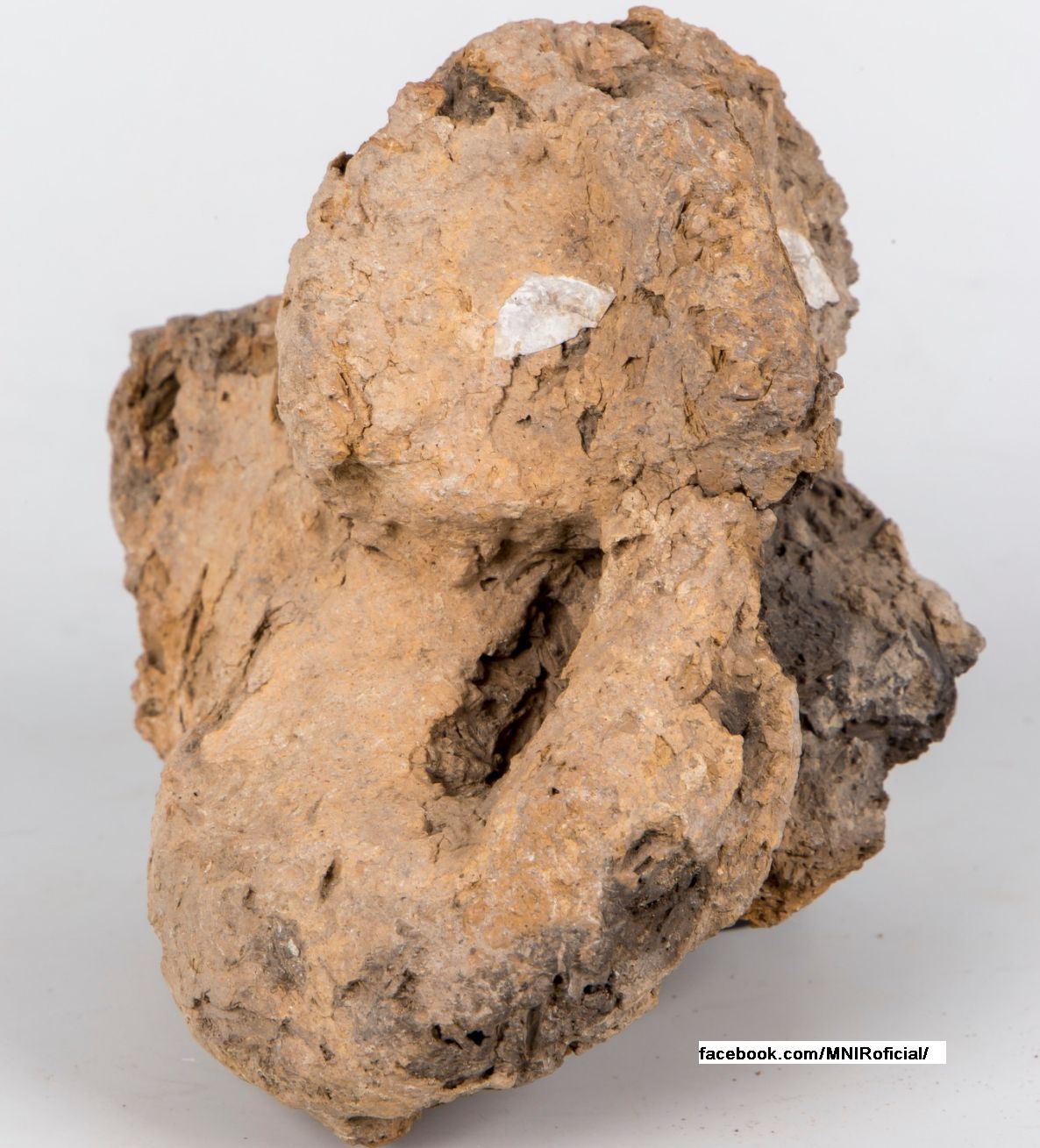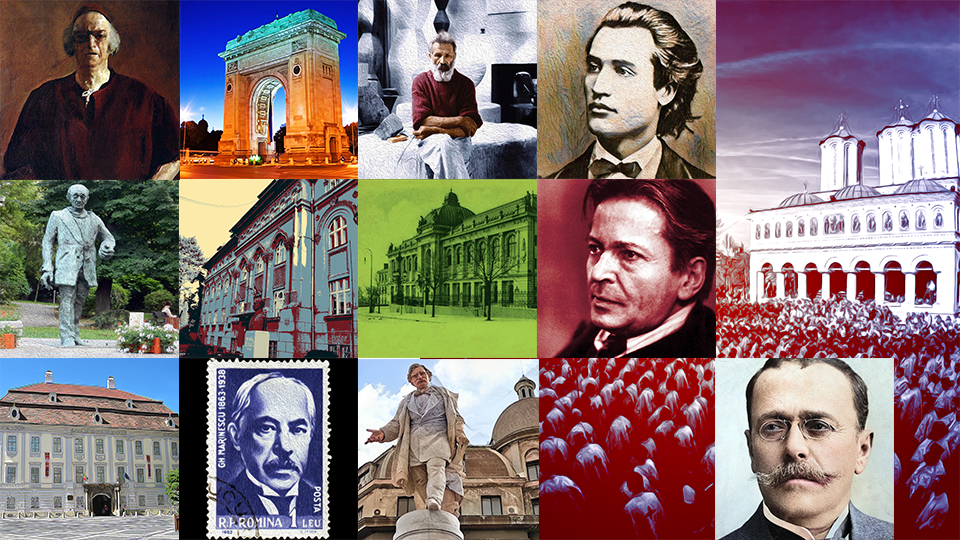Scientist Victor Babes
In 2016 Romania commemorates 90 years since the death of scientist Victor Babes
Christine Leșcu, 29.10.2016, 14:10
This year we celebrate two major events relating to the great Romanian scientist Victor Babes: 90 years since his death and 60 years since the creation of the museum bearing his name. Victor Babes was one of Louis Pasteur’s disciples, the founder of the Romanian school of microbiology and the author of the first treatise on bacteriology in the world. He was born on July 4th, 1854 into a Romanian family from Banat, a region that was not part of Romania at the time. Historian Dan Falcan, a curator of the Victor Babes Museum in Bucharest, tells us more about the life and work of this great scientist:
Dan Falcan: “His father was Vincentiu Babes, himself a great personality and one of the leaders of the nationalist movement of Romanians in Transylvania during the Austrian-Hungarian rule. The Babes family came from Banat, from the village of Hodoni. Victor Babes himself was born in Vienna, because his family was there at the time, on business. He attended the Romanian high-school in Lugoj, and then he studied medicine in Vienna and Budapest. He furthered his research in bacteriology in Germany, and became a specialist in this field. In Germany, for example, he studied with Robert Koch, who discovered the bacillus that took his name. In Paris, Victor Babes studied together with Louis Pasteur and in 1885, at the age of only 31, he managed to publish the first treatise on bacteriology in the world, which is a major contribution to medical history. He wrote the treatise together with a French chemist by the name of Andre Victor Cornil. After 1885, the year of that world premiere, Victor Babes moved to Budapest, where he was already holding a chair at the School of Medicine.”
In 1887, at the invitation of the education ministry of the Kingdom of Romania, Victor Babes settled in Bucharest where he set up a national institute of bacteriology, thus contributing to the development of science and medicine in this country. His valuable activity earned him the title of Full Member of the Romanian Academy in 1893 and that of Corresponding Member of the French Academy. Some of his achievements are presented at the Museum and Memorial House bearing his name. The building belonged to the Babes family but the scholar never lived there.
Dan Falcan: “All the time he lived in Romania, from 1887 until his death in 1926, Victor Babes stayed in an apartment at the institute bearing his name. The apartment, on the first floor of the institute, still exists today and is open to visitors. The building now housing the Victor Babes Museum was built two years after the scholar’s death, in 1928, by his son, Mircea Babes, a career diplomat. Mircea brought here almost everything that had belonged to his father, turning his home into a tribute to his father’s memory. In 1956, Mircea Babes donated the ground floor of the house that officially became a museum. Later, after the death of Mircea and his wife, the first floor of the house also became part of the museum, according to their last will.”
The Victor Babes Memorial House, located on an elegant street in a residential area in the north of Bucharest, displays valuable objects.
Dan Falcan: “We have on display the desk on which Victor Babes worked for almost 40 years, from 1887 to 1926. It is a nice desk designed by the scholar himself. He was a very strict and meticulous person who liked to make things by himself. This desk was designed by Victor Babes and manufactured at a workshop in Germany. Victor Babes also designed his bookcase, which was manufactured in Bucharest. Besides many pieces of furniture, the museum also displays the scholar’s microscope, which he also designed himself, as he had knowledge of optics too. The most important piece in the museum is the first treatise on bacteriology, a first edition dated 1885. The museum also showcases other works by Victor Babes alongside the decorations and medals he received along the years. The most important such distinction is the Legion of Honour awarded to him by France.”
The building housing the Victor Babes Museum has been freshly renovated and partly restored.





























